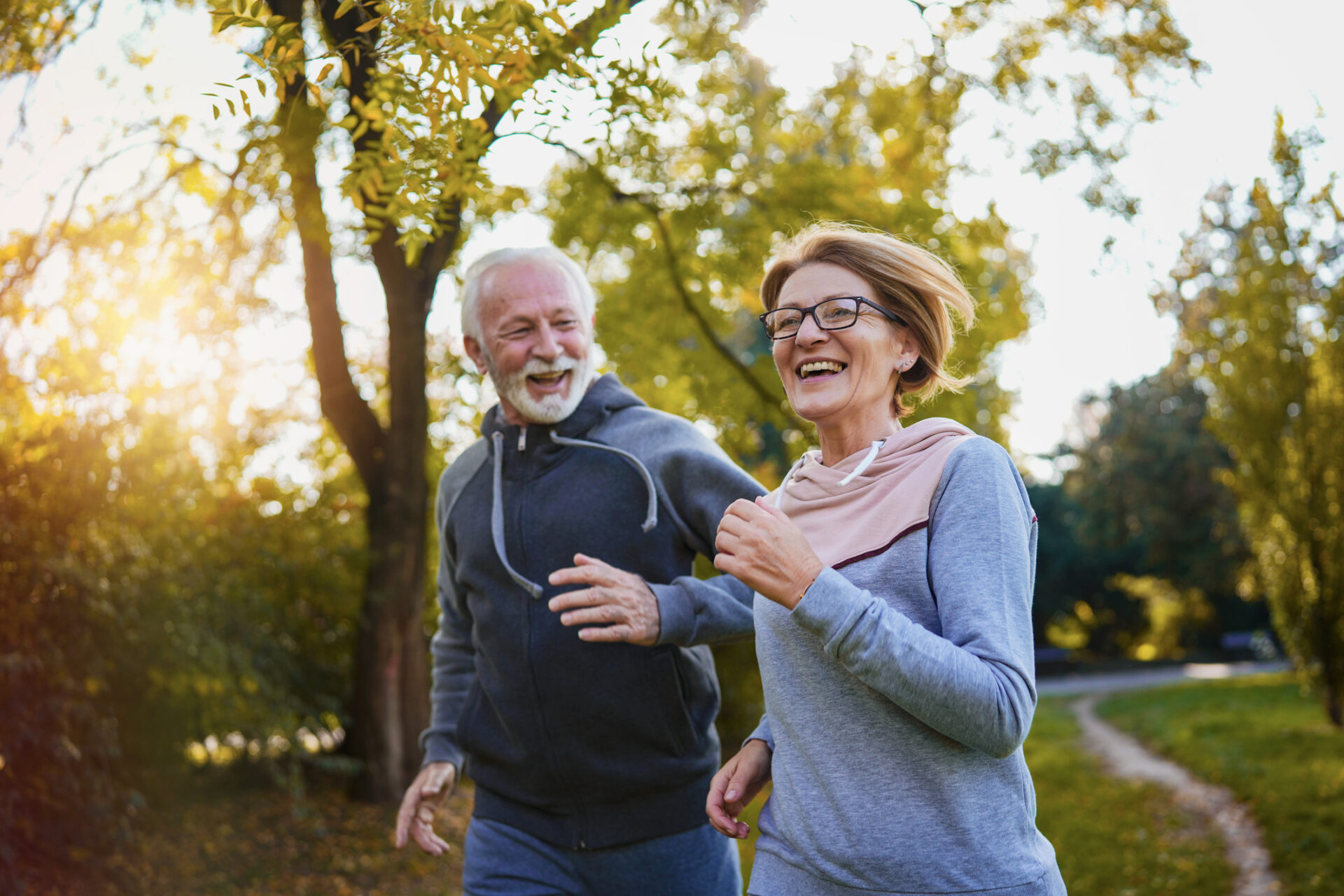
Cath Sykes, Safeguarding Adults Manager for the Sport and Activity Sector, attended The Why Sports Conference in September 2023.
2022’s conference focused on the impact that inactivity can have on the nation’s health. It also shared examples of programmes and initiatives to alleviate inactivity.
The 2023 conference, held at the Royal Society of Medicine, was chaired by Sridevi Kalidindi CBE, National Clinical Leader, NHS England and Chair of the Association of Mental Health Providers. Guest speakers came from across a range of sectors including health, planning, transport, leisure and sport. The theme for this year was “Prevention is Better than Cure.”
Key Takeaways From The 2023 Why Sports Conference
- A sport and activity sector that offers a diverse range of opportunities can adapt to individual needs. There should be some form of activity that appeals to each individual person. A united movement should be a movement for everyone.
- The sport and activity sector plays a role in promoting good mental health, and in preventing and treating many health conditions.
- Movement and physical activity should be a core part of health and care systems.
- We need a collaborative approach between all sectors to decrease inactivity.
Also, Sport England recognises some key opportunities for change between 2022 and 2025:
- Influence people working in the NHS and social care to prioritise physical activity to address health inequalities.
- Improve the pathway between health and organised activity by removing barriers associated with risk.
- Champion the role of sport and physical activity in supporting positive mental health and wellbeing.
Safeguarding Adults – What Is Our Role?
We must take a person-centred approach when encouraging people to engage in sport and activity. We must understand the barriers that people might face while seeking solutions and identifying personal goals.
Volunteers provide a vital role in delivering sport and physical activities. Our role is to safely recruit and educate volunteers to recognise the signs and symptoms of harm and abuse. We must also provide a safe environment in which volunteers can properly support those they are working with.
Our role is to help create a culture where people belong. A positive sport culture is one in which people feel safe and valued.
These are key contributing factors that can encourage people to maintain an active lifestyle.
Next Steps
We must prepare our clubs, coaches, volunteers and staff to be as welcoming as possible. Everyone involved in sport must recognise that we all come from different backgrounds, and we all have different needs.
We must create an environment where participants feel able to share their concerns. And we must be prepared to listen when they do share their concerns.
Also, we need to know when an adult needs extra support, and we need to know how to signpost to the relevant support services.
In the long term, as more people engage in an active lifestyle it should reduce the pressure on health systems. It could also reduce the dependence on medical intervention for health and wellbeing conditions that are exaggerated by inactivity.
In a post about the conference, Why Sports said:
The “Why Sports Improving Health and Increasing Activity” conference served as a beacon of hope in the battle against the inactivity crisis.
By prioritising prevention over cure and bringing together experts with a shared vision of healthier, more active communities, the conference highlighted the enormous transformative potential. As we move forward, it’s time to embrace these innovative approaches and work collectively to create a future where inactivity-related health issues are a thing of the past, and our communities thrive in health and vitality.
Make Your Commitment to Creating Safer Cultures in Sport
#SaferCultureSaferSport is a campaign for sport & activity organisations to create safer cultures. We’re asking you to commit to creating a culture in your sport organisation where welfare, safety & wellbeing is at the heart of your values and actions.
Make Your Safer Culture Safer Sport Commitment